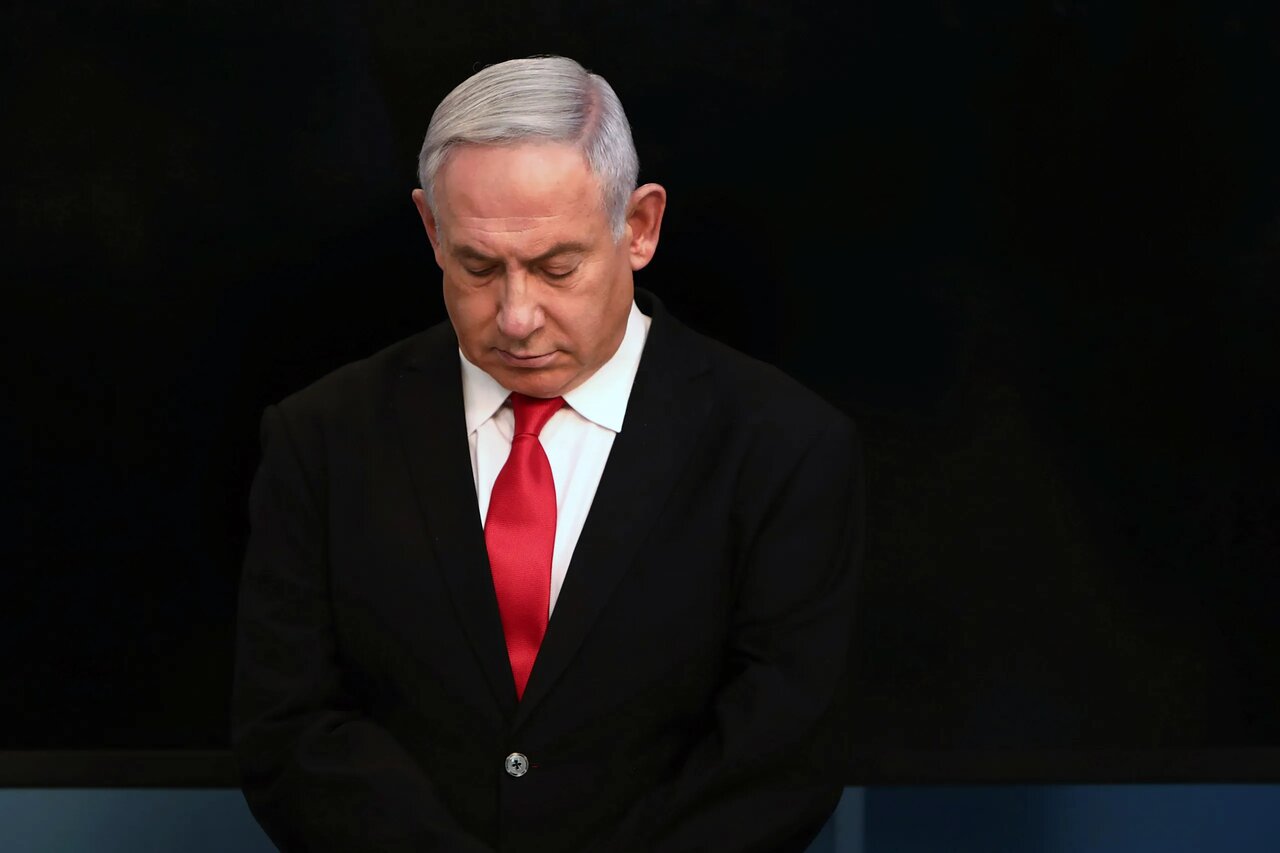Breaking with Bibi: Democrats’ bid to protect Zionism, not Palestinians

TEHRAN — A growing number of US Democrats is openly criticizing Israeli Prime Minister Benjamin Netanyahu and his ongoing military campaign in the Gaza Strip — a sign of shifting political winds in Washington.
While calls to end Israel’s war on Gaza continue to mount, Democrats are now using their legislative power to challenge the status quo. On Wednesday, a record number of Senate Democrats supported two resolutions introduced by Senator Bernie Sanders aimed at blocking US arms sales to Israel. Although the resolutions were ultimately defeated — with Republicans and other Democrats voting against them — the move marked an unprecedented level of dissent from within a traditionally pro-Israel Congress.
It would be naive to believe this shift stems purely from sympathy for Palestinians. Rather, many Democrats see Netanyahu’s leadership as a growing liability — one that threatens not only Israel’s global standing but also the future of Zionism itself in the eyes of younger and more progressive voters.
Recent polling reflects the shift in public sentiment. A July Gallup poll found that 52% of Americans disapprove of Netanyahu — his worst rating since 1997. Among Democrats, only 9% view him favorably. The poll also revealed a dramatic decline in support for Israel’s military actions in Gaza: just 32% of Americans support the war, with support among Democrats plummeting to a mere 8%.
As global outrage over the humanitarian crisis in Gaza intensifies, the political calculus in Washington is changing. According to CNN, Democratic leaders are increasingly distancing themselves from Netanyahu, known as Bibi, fearing that unwavering support for him could alienate voters ahead of the 2026 midterms and the 2028 presidential race.
“Fearing Zionism could die among Democrats, many party leaders are explicitly breaking with Prime Minister Benjamin Netanyahu to try to stop anti-Israel attitudes from becoming a litmus test for next year’s midterms and the 2028 presidential primaries,” CNN reported.
This internal reckoning is also taking shape in the House, where a new letter urging US recognition of a Palestinian state is gaining traction. Meanwhile, France has already announced it will recognize a Palestinian state in September. Other Israeli allies— the UK and Canada — are considering similar moves. These actions come as Israel refuses to meet international demands, such as agreeing to a ceasefire in Gaza.
Although Western officials cite the humanitarian catastrophe in Gaza, their underlying concern appears to be geopolitical: Netanyahu’s intransigence is isolating Israel diplomatically and fueling domestic opposition — both in Israel and abroad.
For many Democrats, Netanyahu no longer represents a bulwark for Israel’s survival, but a threat to its legitimacy. Their growing opposition signals a dramatic rethinking of US policy toward Israel — one shaped less by unconditional support and more by political risk and strategic necessity.
Leave a Comment